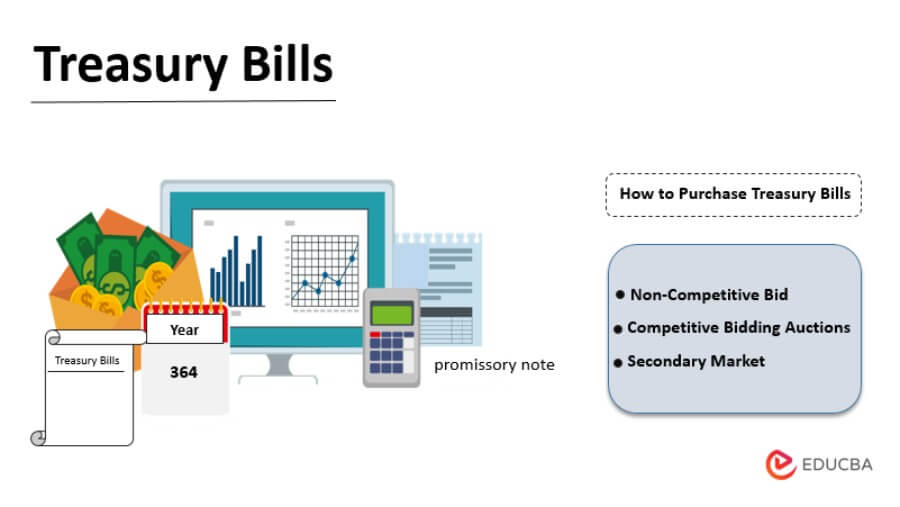
Recessions are difficult times. However, certain professionals and companies can thrive in a downturn. Not all businesses suffer equally during recessions, and some benefit from consumers' reduction in spending on competing products. Businesses that offer high-demand goods during recessions such as luxury products often reap the benefits. They may also be able to benefit from increased demand for cheaper alternatives to expensive items.
Discount retailers
When the economy is going through a recession, discount retailers tend to do very well. Because of the strong demand for basic necessities, such as food, clothes, and healthcare, this happens. They are a great investment because these items are more affordable during a recession. A recession typically lasts between eighteen and eighteen months. The economy is in recession when there are two consecutive quarters of negative growth.
Consumers' incomes are reduced when the economy is in recession. This means that they will be less inclined to spend on luxury goods. This can lead to consumers purchasing fewer or substituting cheaper goods. Some items, however, are not possible to cut from a budget like video games. If they must buy these items, they will look for a cheaper alternative. Because they can sell these goods at affordable prices, discount retailers and health care providers do well in recessions.

PepsiCo
PepsiCo is able to withstand a recession better than its rivals. PepsiCo avoids wholesale price revisions, does not lose customers to competitors, invests more into marketing materials, pointofsale materials, and digital media. The company refocuses marketing efforts on a younger demographic that is ready to live for the future.
PepsiCo has a strong record of being able to weather recessions. Although its earnings per share dropped modestly in the Great Recession of 2007-09, it rebounded in 2009, with revenue growing 20%. Its profits rose even after recession, and it expects to see strong growth in 2020-2021. The company's credit ratings and financial strength have kept it from falling into recessions. It maintains an A+ credit rating.
Johnson & Johnson
In a recession, many stocks suffer, but Johnson & Johnson's business model is suited to sustaining growth even in the worst of times. Because the company's products have a vital role in people's lives, demand for them is high. The company has a strong credit score and a great track record. It is a solid choice for investors because of this combination. Here are some reasons Johnson & Johnson is able to thrive in a recession.
The company's strong performance even in recession could be due to its multi-faceted business model. The company's portfolio includes pharmaceuticals, medical devices, and over-the-counter medications. A diversified business model allows the company to compensate for weaker markets.

Smucker's
Smucker’s has a rich history of more than 120 years. This makes it a solid long-term investment. It has evolved over the years to meet changing consumer preferences and tastes. It is now embarking upon a second pivot and refocusing on the two highest-growth sectors, premium pet food and high-growth coffee. This ongoing pivot may take several years to complete, but it is likely to result in consistent dividend growth for the foreseeable future.
Analysts rate Smucker shares as a hold, though Goldman Sachs recently downgraded the stock to a sell. Although the company's revenue has increased, sales growth is limited due to inflation and Walmart's purchasing power. Its Uncrustables, its coffee business, and its coffee business are its main growth areas.
FAQ
What is the difference in a broker and financial advisor?
Brokers are people who specialize in helping individuals and businesses buy and sell stocks and other forms of securities. They handle all paperwork.
Financial advisors are experts in the field of personal finances. Financial advisors use their knowledge to help clients plan and prepare for financial emergencies and reach their financial goals.
Banks, insurers and other institutions can employ financial advisors. You can also find them working independently as professionals who charge a fee.
If you want to start a career in the financial services industry, you should consider taking classes in finance, accounting, and marketing. It is also important to understand the various types of investments that are available.
Why is a stock security?
Security is an investment instrument that's value depends on another company. It can be issued as a share, bond, or other investment instrument. The issuer promises to pay dividends and repay debt obligations to creditors. Investors may also be entitled to capital return if the value of the underlying asset falls.
How does inflation affect the stock market?
Inflation has an impact on the stock market as investors have to spend less dollars each year in order to purchase goods and services. As prices rise, stocks fall. This is why it's important to buy shares at a discount.
What Is a Stock Exchange?
A stock exchange is where companies go to sell shares of their company. This allows investors to buy into the company. The market sets the price for a share. The market usually determines the price of the share based on what people will pay for it.
Companies can also get money from investors via the stock exchange. Companies can get money from investors to grow. Investors buy shares in companies. Companies use their money for expansion and funding of their projects.
Stock exchanges can offer many types of shares. Some are called ordinary shares. These are the most commonly traded shares. Ordinary shares can be traded on the open markets. Prices for shares are determined by supply/demand.
Preferred shares and debt securities are other types of shares. When dividends are paid, preferred shares have priority over all other shares. If a company issues bonds, they must repay them.
Statistics
- The S&P 500 has grown about 10.5% per year since its establishment in the 1920s. (investopedia.com)
- US resident who opens a new IBKR Pro individual or joint account receives a 0.25% rate reduction on margin loans. (nerdwallet.com)
- For instance, an individual or entity that owns 100,000 shares of a company with one million outstanding shares would have a 10% ownership stake. (investopedia.com)
- "If all of your money's in one stock, you could potentially lose 50% of it overnight," Moore says. (nerdwallet.com)
External Links
How To
What are the best ways to invest in bonds?
An investment fund is called a bond. The interest rates are low, but they pay you back at regular intervals. This way, you make money from them over time.
There are many different ways to invest your bonds.
-
Directly buying individual bonds.
-
Buy shares in a bond fund
-
Investing via a broker/bank
-
Investing through a financial institution.
-
Investing through a Pension Plan
-
Invest directly with a stockbroker
-
Investing through a mutual fund.
-
Investing via a unit trust
-
Investing in a policy of life insurance
-
Private equity funds are a great way to invest.
-
Investing in an index-linked investment fund
-
Investing with a hedge funds